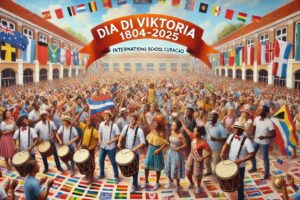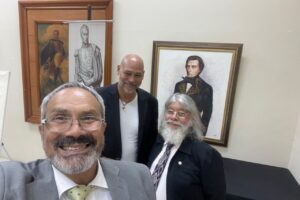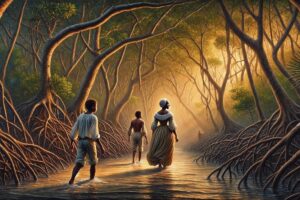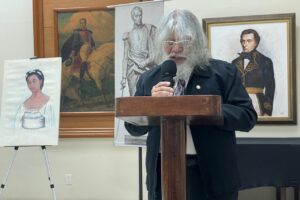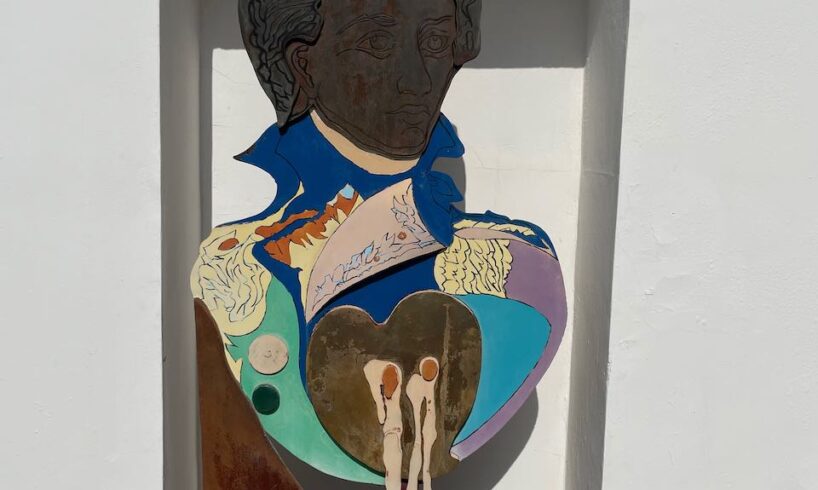
Manuel Carlos María Francisco Piar Gómez (April 28, 1774 – October 16, 1817) was a General-in-Chief in the Venezuelan War of Independence, playing a crucial role in the struggle against Spain. His life and career are significant for his military achievements and the social challenges he faced as a man of mixed-race heritage during colonial times.
Early Life and Background
Piar was born in Willemstad, Curaçao, to Fernando Alonso Piar y Lottyn, a Spanish seaman of Canarian descent, and María Isabel Gómez, a Dutch-born woman of Afro-Venezuelan and Dutch ancestry. His mixed heritage made him a “mestizo,” subject to colonial society’s racial and social limitations.
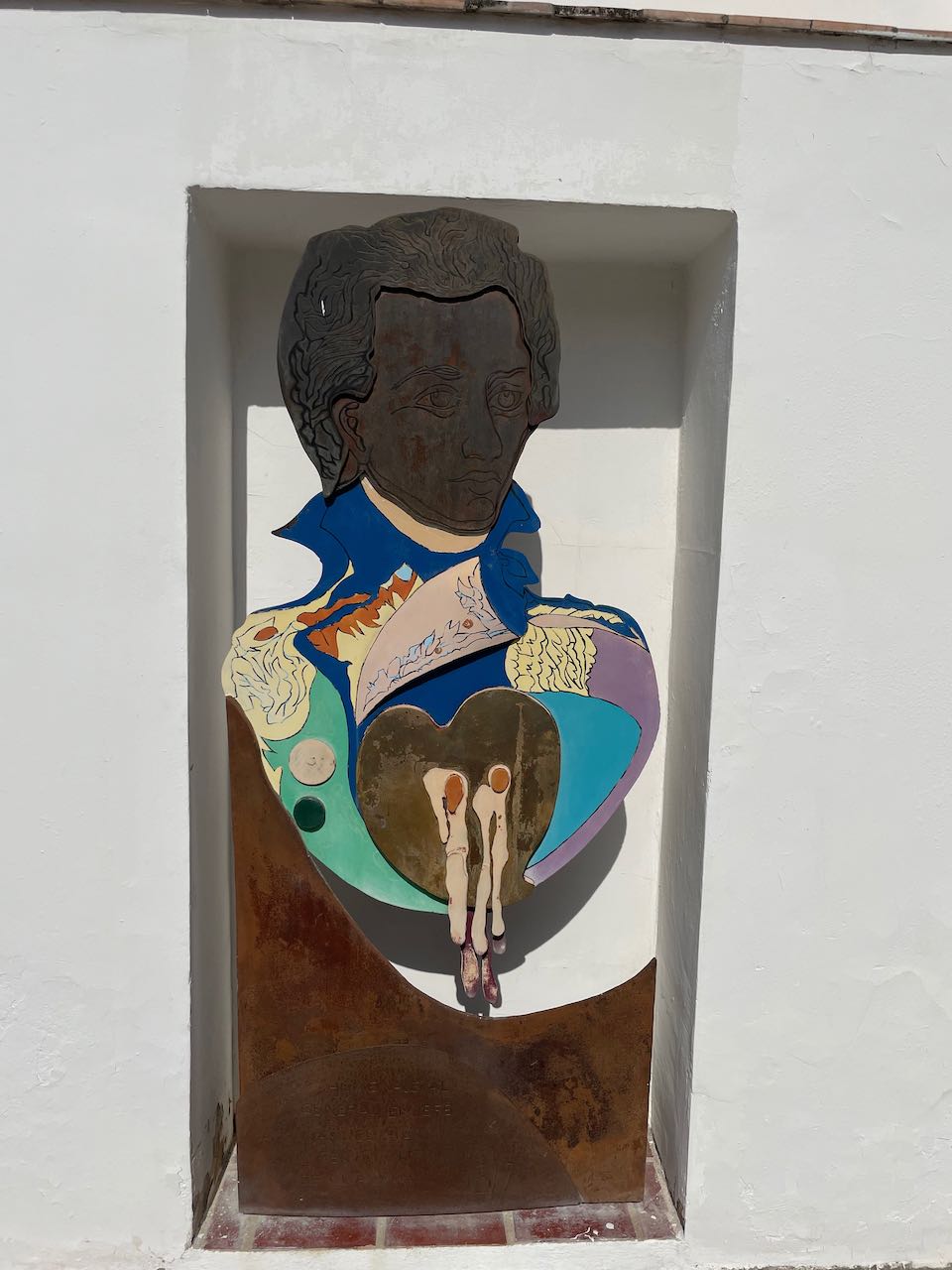
At age ten, Piar moved to Venezuela with his mother and settled in La Guaira. Despite having no formal schooling, he was self-taught and became proficient in several languages, a skill that would serve him well throughout his life. His early exposure to the complexities of colonial life and the struggles of the marginalized likely influenced his later involvement in revolutionary movements.
Military Career and Independence Efforts
In 1804, Piar joined the Curaçao militia to help defend the island against the British occupation, marking the start of his military career. After participating in the liberation of Curaçao, he traveled to Haiti, where he supported the revolution. His involvement in revolutionary activities extended to Venezuela by 1810, when he joined the independence movement, beginning with service in the navy.
Piar distinguished himself in numerous battles, including engagements in the Orinoco River and the defense of Maturín. His notable victories, such as the Battle of San Félix in 1817, cemented his status as a key figure in the fight for Venezuelan independence. His leadership in this battle contributed to the liberation of Guayana, a critical province in Venezuela’s independence efforts.
Conflict and Downfall
Despite his success, Piar’s mixed-race background led to tensions with the predominantly white Criollo leadership of the independence movement. Unlike most of his comrades, Piar advocated for greater rights for mestizos, who had historically been excluded from power. His growing opposition to Simón Bolívar and the established hierarchy led to his downfall.
Piar’s desire for social and political change for mestizos clashed with Bolívar’s vision. In 1817, Bolívar ordered Piar’s arrest on charges of insubordination and conspiracy. A court-martial tried Piar, found guilty, and sentenced to death. On October 16, 1817, he was executed by a firing squad in Angostura (now Ciudad Bolívar).
Legacy
Manuel Piar remains a complex figure in the history of Venezuela and Curaçao. In Venezuela, he is celebrated as a national hero and liberator, particularly for his role in the victory at San Félix, which is commemorated with statues, monuments, and even military institutions bearing his name. His mixed-race identity also makes him a symbol of the broader struggle for racial and social equality.
In contrast, Piar’s legacy in Curaçao is less prominent. While he was born and baptized in Curaçao and played a key role in defending the island from British occupation, his contributions are not widely recognized. His story highlights the need for further research into Curaçao’s historical role in broader independence movements and the individuals, like Piar, who bridged the Caribbean and South America in the fight for liberty.
Manuel Piar’s life is a testament to the complexities of the independence struggles in Latin America and the Caribbean. His military achievements were pivotal in securing Venezuelan autonomy, but his quest for social justice and equality for mestizos led to his tragic downfall. Piar’s legacy, especially in Venezuela, is one of heroism and sacrifice, but the nuances of his identity and contributions deserve more recognition in the broader historical narrative.
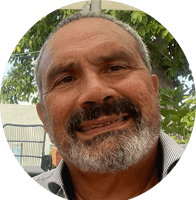
Tico Vos is a professional photographer, producer, and tourism specialist. He has been documenting the History, Culture, and News of Curaçao. This site is a documentation of the history of Manuel Carlos Piar.

